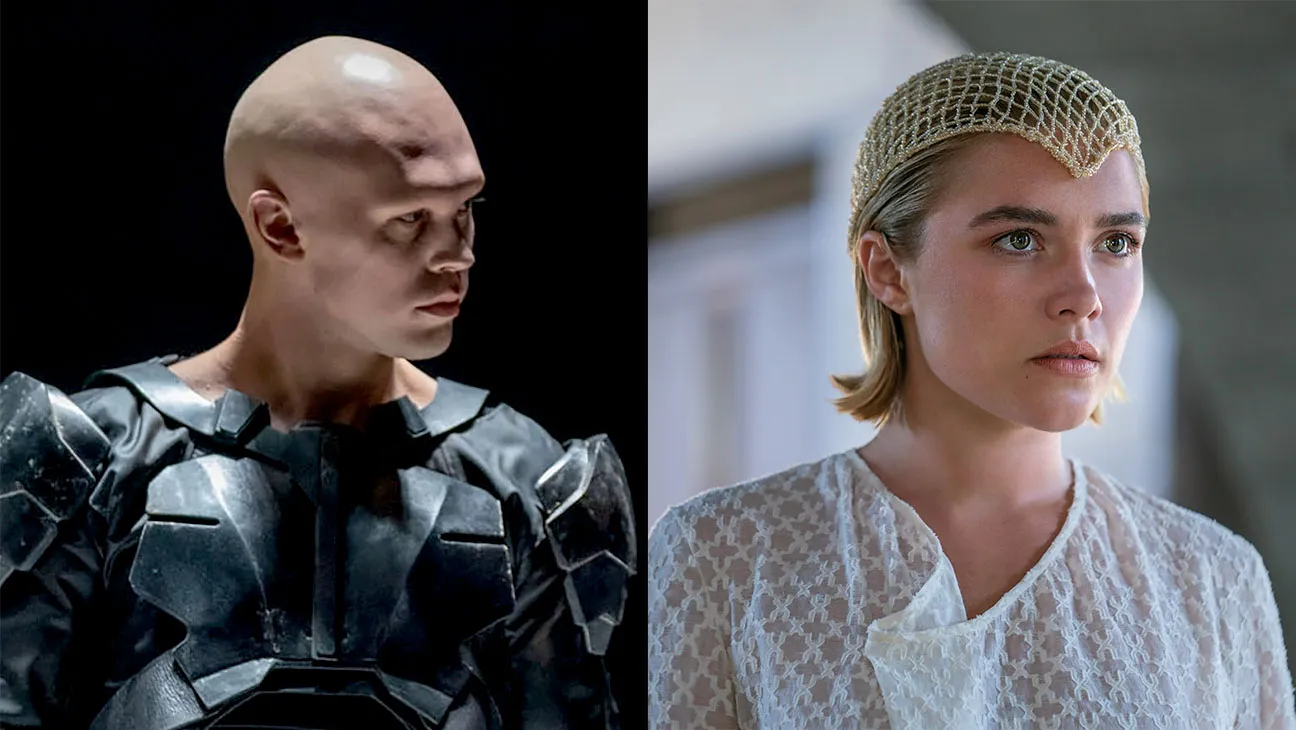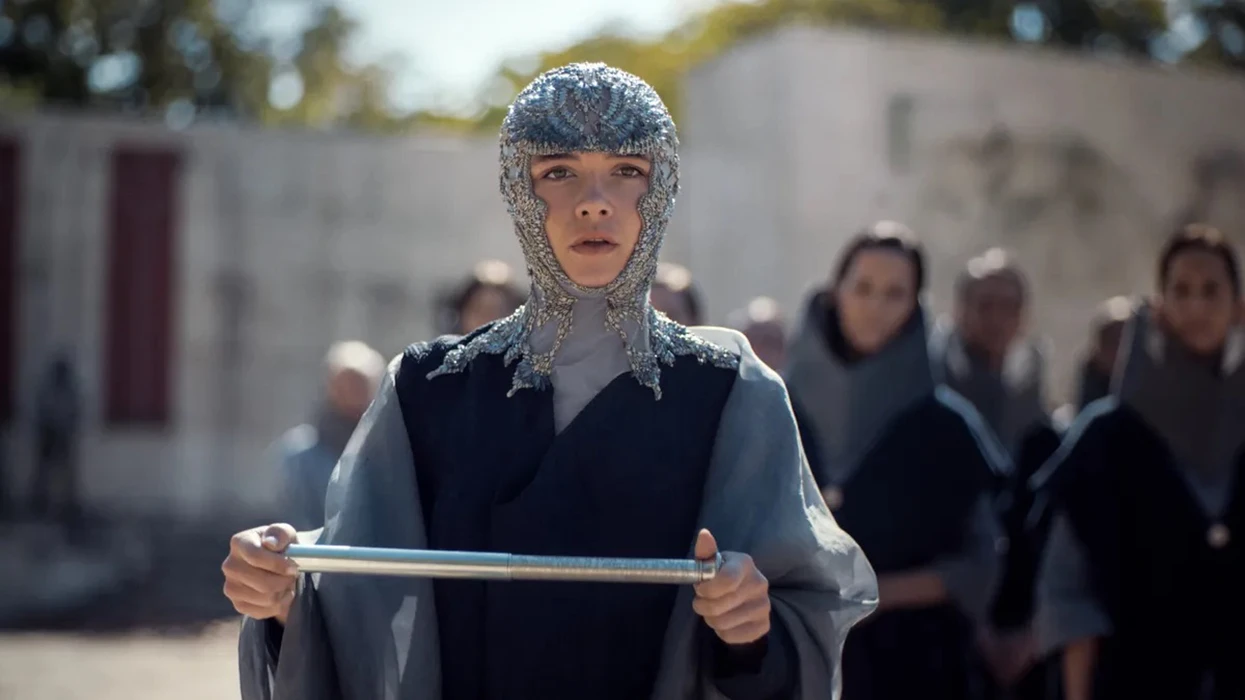Dune: Part 2
Anticipate that Denis Villeneuve's "Dune: Part Two" will likely be described most frequently with the term "massive," alongside various iterations of "epic" and "spectacle." Villeneuve approached Frank Herbert's revered sci-fi novel with unbridled ambition, evident in the collaboration with top-tier craftsmen, resulting in a superior sequel to the Oscar-winning 2021 film. While the preceding blockbuster felt incomplete, "Dune: Part Two" elevates the stakes on Arrakis, infusing subtle humor and nuanced explorations of power and fanaticism into its traditional storytelling framework. Beyond a simplistic narrative of salvation or chosen destiny, "Dune: Part Two" emerges as a robust cinematic achievement, showcasing the potential for grand-scale blockbusters to marry artistry with flair.
The narrative seamlessly continues from its predecessor, with the Fremen still mourning the loss of Jamis and Paul Atreides's integration into their community, much to his mother Jessica's dismay. House Harkonnen escalates its assault on the Fremen, setting the stage for gripping battles between warriors and soldiers. Villeneuve skillfully choreographs these conflicts, imbuing them with operatic intensity, while performers like Dave Bautista and Stellan Skarsgård deliver captivating portrayals of wartime leaders.

Against the backdrop of the Fremen-Harkonnen conflict for control of Arrakis, Paul's evolution from a hesitant youth to a potential leader takes center stage. Convinced of Paul's prophesied role, Fremen leader Stilgar sees him as the chosen one, despite Paul's attempts to assimilate into their culture. As Paul embraces his destiny and vows vengeance against the Harkonnens, themes of religious fervor and cultural assimilation come to the fore, challenging traditional hero narratives.
While the plot of "Part Two" is more intricate than its predecessor, its greatest strengths lie in its technical prowess. Greig Fraser's cinematography dazzles with its use of color and light, distinguishing between cultures and landscapes with precision. Hans Zimmer's score complements the narrative, evoking the contrasting atmospheres of the Harkonnens and the Fremen. Additionally, the enhanced effects, sound design, and fight choreography contribute to the film's immersive experience..

In terms of performances, Timothée Chalamet's portrayal of Paul may divide audiences, but his subdued demeanor adds depth to the character's internal conflicts. Rebecca Ferguson's enigmatic performance as Lady Jessica and Javier Bardem's charismatic turn as Stilgar enrich the ensemble, while Austin Butler injects vigor into the role of Feyd-Rautha. Despite lacking chemistry with Chalamet, Zendaya delivers a solid performance as Chani.
"Dune: Part Two" is reminiscent not of "The Empire Strikes Back" but of "The Lord of the Rings: The Two Towers," expanding on established characters and narratives while intensifying the sense of conflict and peril. With the inevitability of a third chapter, critics will need to find new descriptors for its monumental scale.